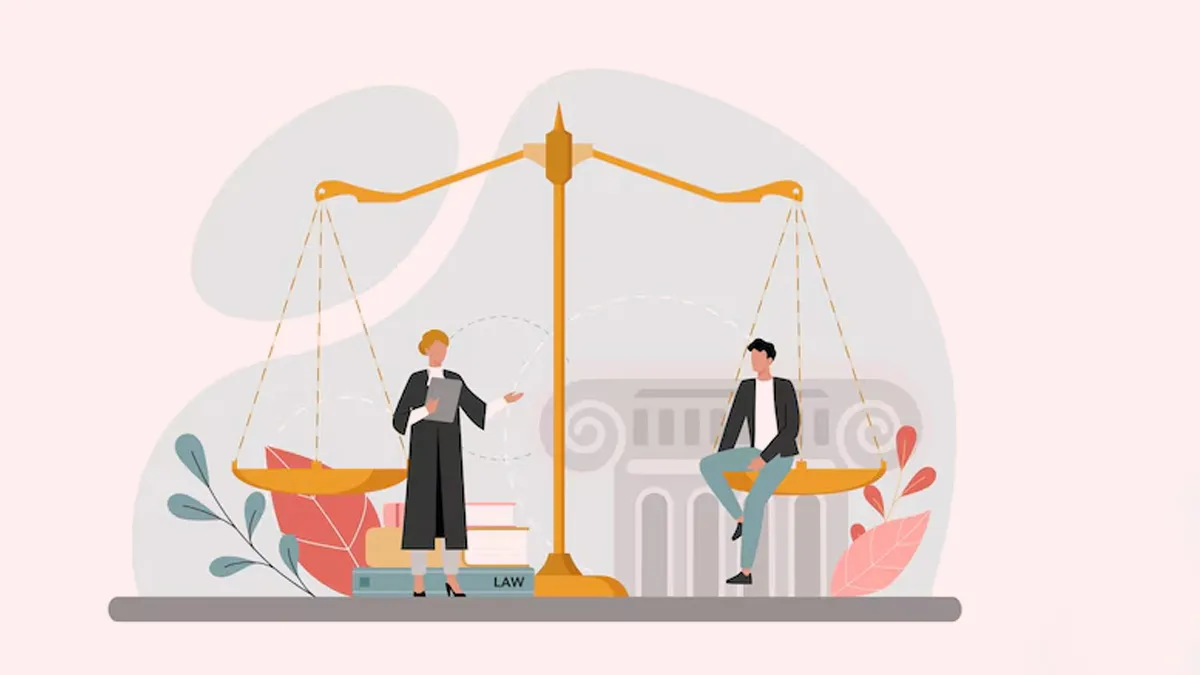
The Nagpur bench of the Bombay High Court ruled that a man cannot be held responsible for abetting a woman's suicide just because their long-term relationship ended. On January 15, 2025, Justice Urmila Joshi-Phalke discharged Vaibhav Mawale, who had been charged with abetting the suicide of his former partner. The woman, with whom he had been in a nine-year relationship, tragically took her own life in 2020.
The case is about the suicide of a woman from Buldhana district, who, according to reports, was deeply affected by the accused's decision to end their nine-year relationship. In a suicide note, the woman expressed her emotional turmoil and her pain over the accused’s refusal to marry her. In response, her father filed a complaint, leading to a case of abetment of suicide being registered under Section 306 of the IPC.
Justice Joshi-Phalke said, “It is only a case of broken relationship which by itself would not amount to abetment to commit suicide.” The bench also pointed out that neither the suicide note nor the WhatsApp messages provided any evidence that the man had formed a physical relationship with the woman based on a promise to marry her. It also emphasised that, after a long period, their relationship had simply ended.

Justice Joshi-Phalke further said, “The investigation papers nowhere reveal that the applicant, at any time, provoked the deceased victim in any manner to kill herself. On the contrary, the evidence shows that after breaking of the relationship, the deceased victim was constantly in contact with the applicant and was communicating with him. Therefore, in such a situation, merely because the applicant refused to marry her, that by itself would not amount to instigate or provoke the deceased victim to commit suicide. At the most, what is attributable to the applicant is that he has broken the relationship.”
Don't miss: Supreme Court's Lady of Justice Unveiled Without A Blindfold: What Does The New Statue Signify?
The judge also pointed out that, “Moreover, the suicide by the deceased victim is not immediate result of the said broken relationship. The applicant denied to have love relationship with her in July 2020 itself and, thereafter, the deceased victim committed suicide on December 3, 2020. Thus, there was no proximity or nexus between two acts i.e. breaking of the relationship and the suicide.”
A 26-year-old man was recently released by the bench after challenging the Khamgaon Sessions Court’s decision in Buldhana district, which had refused to discharge him from a case. The Sessions Court had based its decision on arguments made by the deceased woman’s father, who claimed that the man caused his daughter emotional distress. According to the father, the distress stemmed from a long-term relationship that the man abruptly ended, especially after starting a relationship with another woman. The court also considered a suicide note left by the deceased, which mentioned the emotional pain caused by the end of the relationship.

However, the man argued that their relationship was based on mutual affection and was consensual. He also claimed that after their breakup in July 2020, the woman continued to stay in contact with him, and he had never promised to marry her. He contended that his refusal to marry should not be seen as the reason for her tragic decision and should not lead to charges of abetment to suicide.
For more such stories, stay tuned to HerZindagi.
Image credit: Freepik
Herzindagi video
Our aim is to provide accurate, safe and expert verified information through our articles and social media handles. The remedies, advice and tips mentioned here are for general information only. Please consult your expert before trying any kind of health, beauty, life hacks or astrology related tips. For any feedback or complaint, contact us at [email protected].